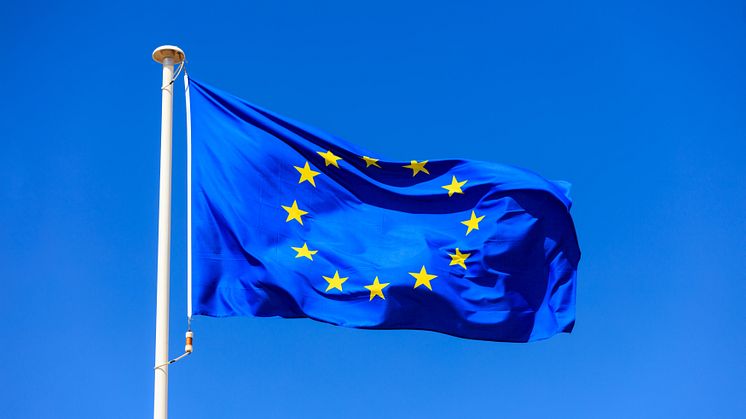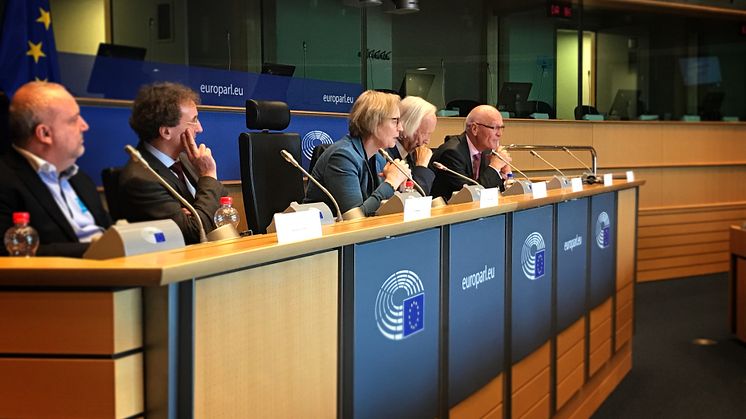
Press release -
Work on the science of fragrance allergens progresses to protect consumers
Today, at the fourth Annual Review of IDEA (International Dialogue for the Evaluation of Allergens), held under the auspices of the European Commission (DG SANTE) there was a full review of the work carried out so far by the various working groups and priorities for future work were set.
This multi-stakeholder project has progressed on several key milestones which were reviewed today in Luxembourg. The revision of the Quantitative Risk Assessment (QRA) for fragrance materials has been completed, incorporating ways to better estimate the aggregate exposure to individual fragrance ingredients. The revised methodology has been submitted to the EU Commission who are initiating an assessment of the value of this new version in preventing consumers becoming sensitized to fragrance ingredients.
In the scientifically challenging area of ingredients that require transformation into actual sensitizing ingredients, especially in the field of oxidation, advanced analytical work continues to better identify and quantify consumer exposure.
Finally, IDEA is progressing, through collaboration with other organisations such as the EPAA (European Partnership on Alternatives to Animal testing) and CAAT (Centre for Alternatives to Animal Testing) on the aim of developing suitable non-animal tests for hazard characterisation of fragrance ingredients.
Since its start in 2013, IDEA has conducted 12 workshops and working group meetings, gathering over 41 scientific and medical experts from academia, clinics and research centres, including past and current Scientific Committee members as well as over 47 industry experts, 9 observers and 6 other stakeholders.
Michael Carlos, Chairman of IFRA thanked the EU Commission for its continuous support and welcomed the opportunity for dialogue with the Scientific Community through the yearly Annual Reviews.
“Such dialogues build understanding and foster trust, contributing immensely to advancing consumer safety and well-being,” explained Carlos.
Related links
Topics
Categories
In 1973 the global fragrance industry came together to form a new international association. Its mission: to represent the collective interests of the industry and promote the safe use and enjoyment of fragrances around the world.
Nearly half a century later, The International Fragrance Association (IFRA) brings together seven multinational companies and 21 national associations in 23 countries across four regions.
Our goal remains to make a difference - in every sense: to create fragrances that bring joy, emotion and color to people's lives; to support prosperity through jobs and scientific advances; and to act responsibility - protecting consumers through our Code of Practice and IFRA Standards, and our respect for our shared environment.




